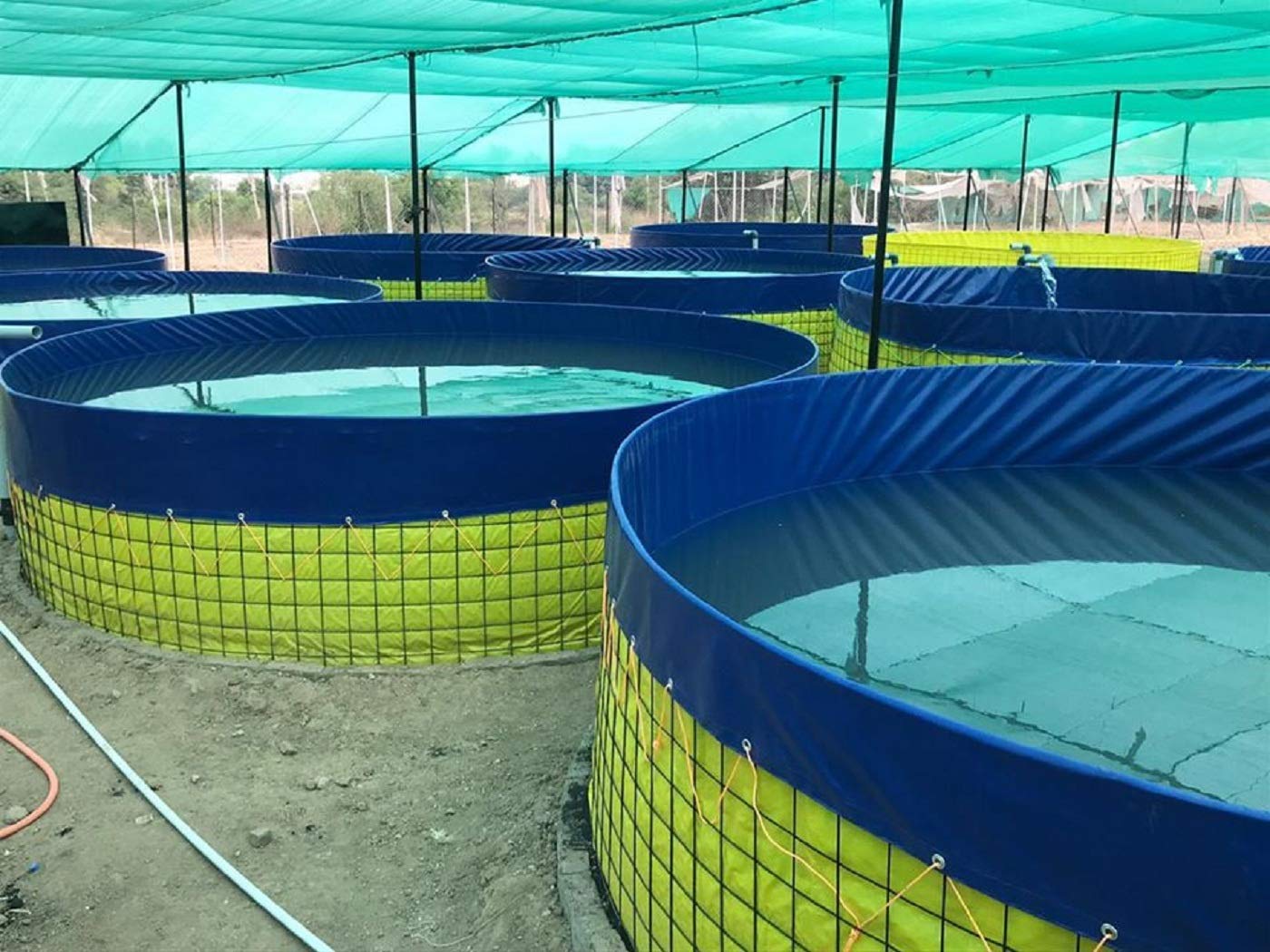
BioFloc Farming Mathura

BIOFLOC farming IN Mathura
Biofloc technology is gaining popularity in aquaculture as a sustainable and cost-effective method for fish farming. Mathura, a city in the northern Indian state of Uttar Pradesh, has also witnessed the growing trend of adopting biofloc technology in aquaculture. The city's location and favorable climate conditions make it an ideal location for aquaculture development.
Mathura is situated in the northern part of India, and it is known for its dairy and agriculture production. It is also famous for its cultural and religious significance as it is the birthplace of Lord Krishna. The city is located on the banks of the Yamuna river and is surrounded by agricultural land, making it a favorable location for aquaculture development.
The city is located in the western part of the state and is known for its cultural heritage and tourism. Mathura has a tropical climate, with an average temperature of 32°C during the summers and 12°C in the winters. The city has a well-connected transportation network, with several highways and railways passing through it. This makes it an ideal location for setting up biofloc fish farms.
The adoption of biofloc technology in Mathura has led to a significant increase in fish production and income generation for the farmers. Farmers have reported improved water quality and reduced use of chemicals in fish farming, resulting in healthier fish and higher market value. The technology has also enabled farmers to increase their yield while using less water, making it a sustainable and cost-effective method for fish farming.
There is a growing demand for fish produced through biofloc technology in Mathura and the neighboring areas. The market for biofloc fish is expanding, and more and more consumers are turning to it due to its health benefits. The fish produced through this technology are considered healthier and more nutritious than traditionally farmed fish, making it a popular choice among health-conscious consumers.
In conclusion, the implementation of biofloc technology in Mathura has had a positive impact on the local economy and the aquaculture industry in the region. With the growing demand for biofloc fish, the market for it is expected to expand further, leading to the overall growth of the fish farming industry in the region.
